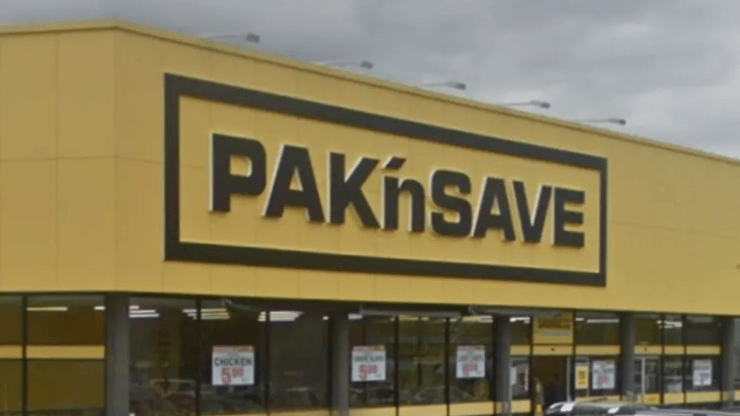Bakery, Supermarket In Clear Over Rat Foot Found In Bread

A New Zealand Food Safety investigation has concluded a rat foot found in a garlic bread most likely came from the home of the complainant.
The food safety agency said the manufacturer, distributor, and retailer of a garlic bread have all been ruled out as the source of the rat's foot.
Deputy director-general Vincent Arbuckle said the garlic bread was cooked as part of the manufacturing process and then again in the purchaser's home - but the rat foot was raw.
A forensic analysis of the bread and foot by AsureQuality confirmed the foot was from a rat and that it was uncooked.
Arbuckle said the complainant raised the food safety issue in good faith.
"We are grateful for any complaints and information we receive from the public and use them as the starting point for further enquiries. We are always guided by the evidence as food safety is too important to make assumption," he said.
Arbuckle said there had been a lot of public interest in the case.
"[We] stepped through our investigation carefully so we could be certain of our findings," he said.
Investigators looked at all the stages in the garlic bread's production and found:
- The garlic bread manufacturer, French Bakery, had good food safety procedures in place and had no evidence of rodent activity over the past two years.
- The transportation and storage facility, Big Chill and Foodstuffs North Island Distribution Centre, had good procedures in place. All pallets containing the product are plastic wrapped. There was no evidence of damage to wrapped product and a review of CCTV footage revealed no suspicious activity while the order was being packed.
- The retailer, Pak'n'Save Te Awamutu, only added a label to the outside of the product. There was no evidence of any issues related to the complaint.
- The complainant confirmed the bread was cooked in the home before serving.
Arbuckle said where food businesses were found to cause food contamination, they would be held accountable and required to put in place corrective actions.
"The vast majority of food businesses in New Zealand strive to produce safe food and have in place programmes to ensure this."




.jpg)